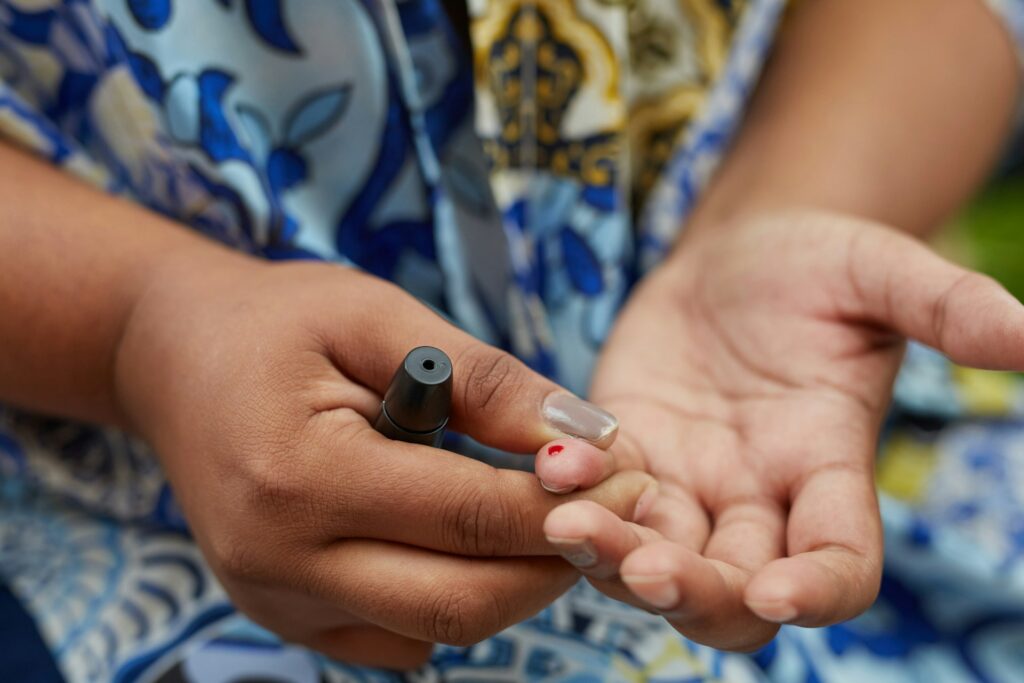Uncontrolled Diabetes: 5 Symptoms and When To See A Doctor
Diabetes is a chronic medical condition that affects how your body processes glucose, the main source of energy. When diabetes is uncontrolled, it can lead to a range of serious health complications. Recognizing the symptoms of uncontrolled diabetes is crucial for timely intervention and effective management. In this article, we will discuss five common symptoms of uncontrolled diabetes and provide guidance on when to consult a doctor for proper medical attention.
Understanding Uncontrolled Diabetes
Uncontrolled diabetes is a situation where blood sugar levels remain consistently high over an extended period. This occurs when the body either doesn’t produce enough insulin or is unable to use insulin effectively. Insulin is a hormone responsible for regulating glucose uptake by cells. Without proper regulation, high blood sugar levels can lead to damage to various organs and systems in the body.
Uncontrolled diabetes can happen when a person living with diabetes is not taking their medications correctly and consistently, when the medications are not working or medications are not taken at all.
5 Symptoms of Uncontrolled Diabetes
Recognizing the symptoms of uncontrolled diabetes can help individuals take proactive steps towards managing their condition. Here are five key symptoms to watch out for:
- Frequent Urination (Polyuria)
One of the hallmark signs of uncontrolled diabetes is frequent and excessive urination. Elevated blood sugar levels can overwhelm the kidneys’ ability to reabsorb glucose, leading to increased urine production. If you find yourself making more trips to the bathroom, especially during the night, it could be a sign of uncontrolled diabetes.
- Excessive Thirst (Polydipsia)
Uncontrolled diabetes can also cause excessive thirst. As the body tries to eliminate excess glucose through urine, it leads to dehydration, triggering feelings of intense thirst. This constant need for fluids, even shortly after drinking, may indicate uncontrolled diabetes.
- Persistent Hunger (Polyphagia)
Despite consuming sufficient calories, individuals with uncontrolled diabetes may experience persistent hunger. The body’s inability to properly utilize glucose for energy can leave cells deprived, causing feelings of hunger even after eating. Unexplained weight loss can also accompany this symptom.
- Fatigue and Weakness
High blood sugar levels can hinder the body’s ability to effectively transport glucose to cells, leading to energy depletion. This can result in persistent fatigue, weakness, and a general lack of energy, which can significantly impact daily activities and quality of life.
- Blurry Vision
Uncontrolled diabetes can affect the lenses of the eyes due to fluctuations in fluid levels. This can result in blurry or distorted vision. If your vision becomes consistently unclear, it’s important to consider the possibility of uncontrolled diabetes as a contributing factor.
When to See a Doctor
If you or a loved one are experiencing any of the symptoms mentioned above, especially in combination, it’s essential to consult a medical professional promptly. Early detection and management of uncontrolled diabetes can help prevent complications such as cardiovascular disease, nerve damage, kidney problems, and vision loss.
It is also important to monitor blood sugar levels every day to understand when blood sugar levels remain persistently high.
Prioritize Your Health
Uncontrolled diabetes can have serious consequences for your health and well-being. Recognizing the symptoms and seeking timely medical attention are vital steps towards managing the condition effectively. If you’re concerned about your symptoms or have questions about diabetes management, don’t hesitate to reach out to a healthcare professional. For comprehensive diabetes care and personalized guidance, our team of experts offers a range of resources to support your journey towards better health.
Staying informed about the symptoms of uncontrolled diabetes empowers individuals to take charge of their health. By understanding the signs and knowing when to seek help, you can work towards optimal diabetes management and lead a healthier life.



